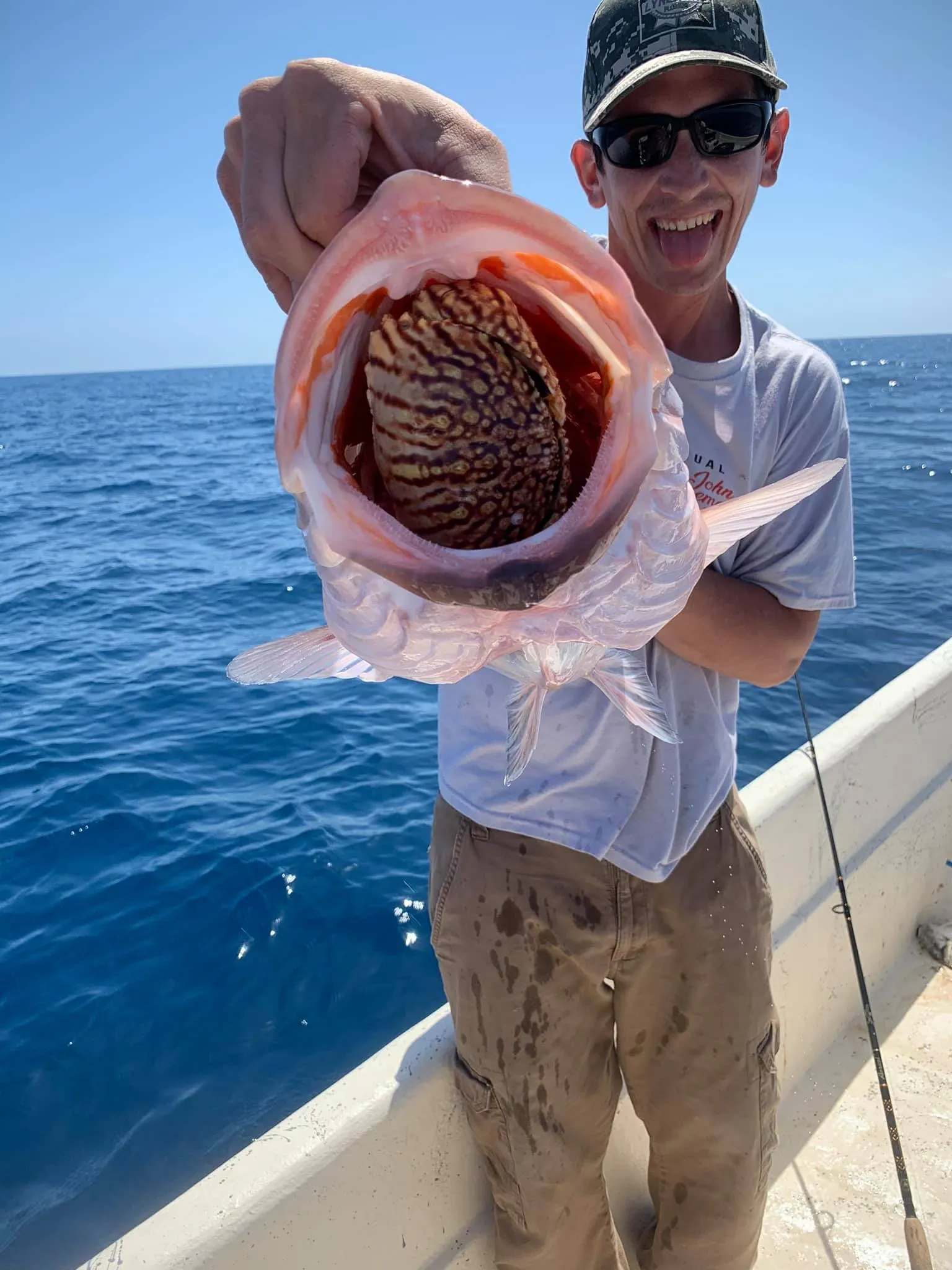Fishing Tips for Beginners: Your Gateway to Angling Success!
Fishing Tips for Beginners: Your Gateway to Angling Success!
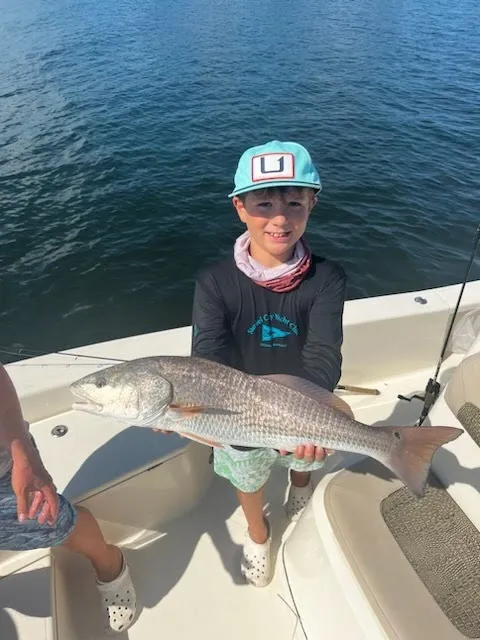
Fishing can be a fun and rewarding activity for people of all ages. However, if you’re new to fishing, it can be overwhelming to know where to start. Here are some tips to help you get started and improve your chances of catching fish.
1. Choose the Right Equipment
The first step to successful fishing is to choose the right equipment. The type of gear you need will depend on the type of fishing you plan to do. For example, if you’re fishing in freshwater, you’ll need a different setup than if you’re fishing in saltwater. A good place to start is with a basic rod and reel combo that’s appropriate for the type of fishing you’ll be doing. You’ll also need fishing line, hooks, sinkers, and bait or lures.
2. Learn About the Fish You’re Targeting
Different types of fish have different habits and preferences, so it’s important to learn about the fish you’re targeting. For example, if you’re fishing for bass, you’ll want to know what they eat, where they like to hang out, and what time of day they’re most active. This information will help you choose the right bait or lure and increase your chances of catching fish.
3. Practice Your Casting
Casting is one of the most important skills in fishing. If you can’t cast your line accurately, you won’t be able to get your bait or lure where the fish are. Practice your casting in an open area, such as a park or backyard, before you head out to the water. Start with short casts and gradually work your way up to longer casts.
4. Use the Right Bait or Lure
The type of bait or lure you use will depend on the type of fish you’re targeting and the conditions you’re fishing in. Live bait, such as worms or minnows, can be effective for many types of fish. Artificial lures, such as spinners or jigs, can also be effective. Experiment with different types of bait or lures to see what works best for you.
5. Pay Attention to the Weather and Water Conditions
The weather and water conditions can have a big impact on fishing. For example, fish may be more active on cloudy days or when the water is cooler. Wind can also affect fishing, making it more difficult to cast your line or causing the fish to move to a different location. Pay attention to the weather and water conditions and adjust your fishing strategy
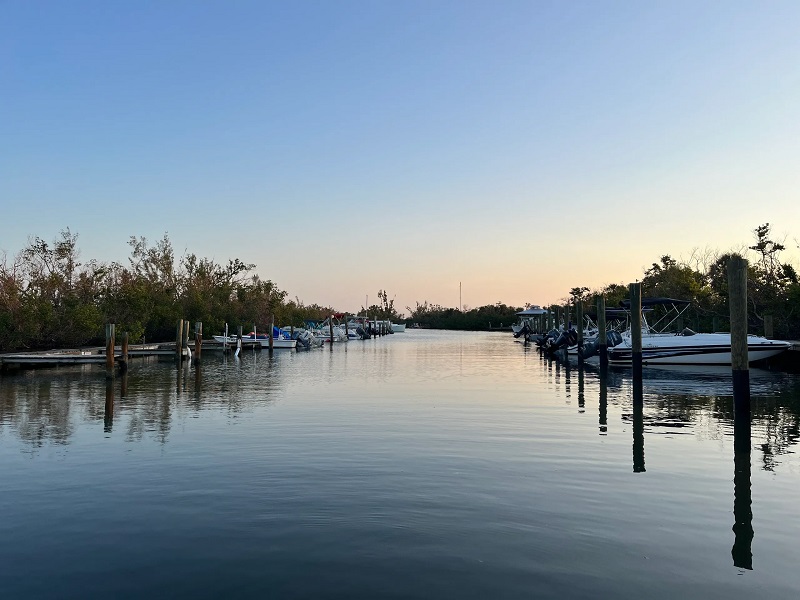
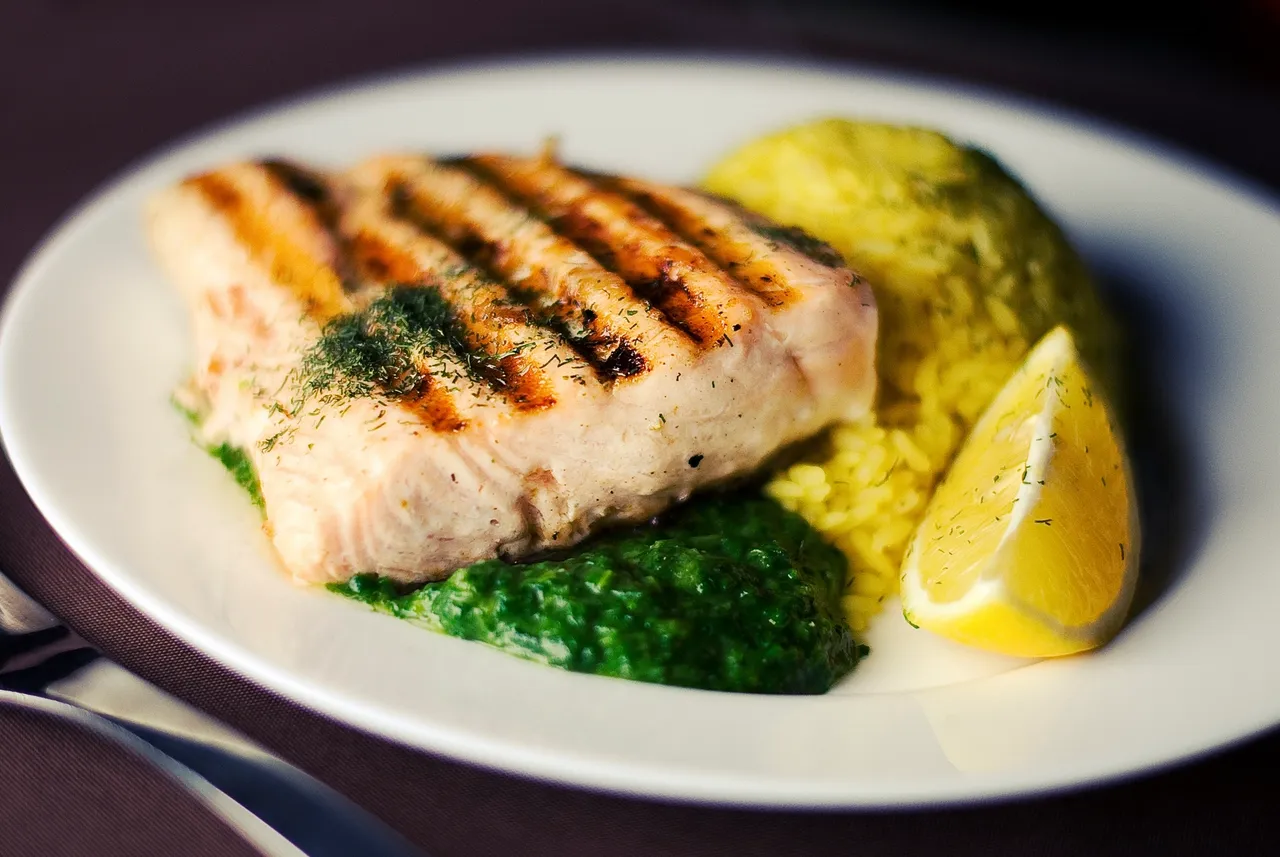
Boca Grande’s Culinary Gems: The Best Fish to Catch and Savor
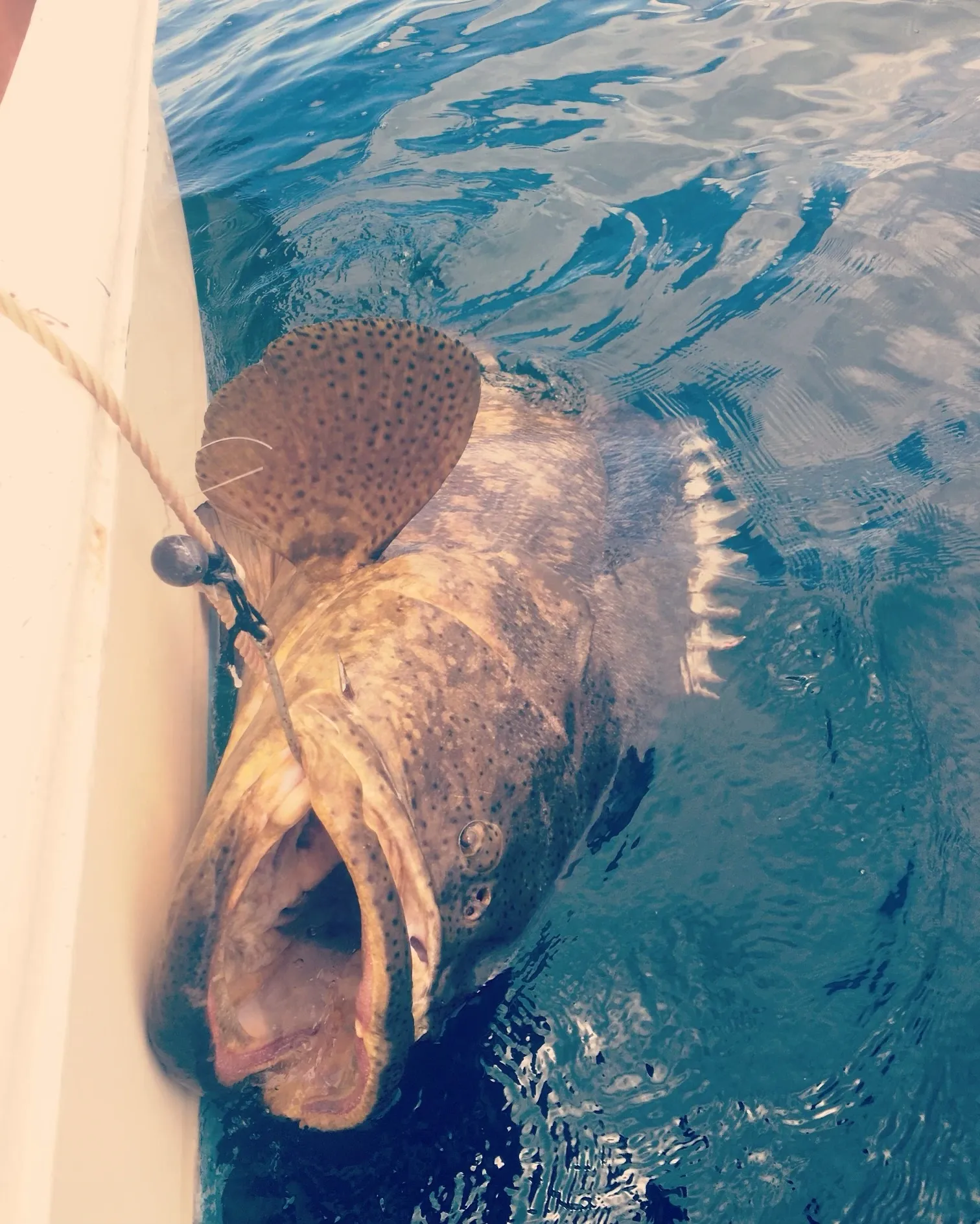
Unraveling the Secrets of Goliath Grouper Fishing in Boca Grande
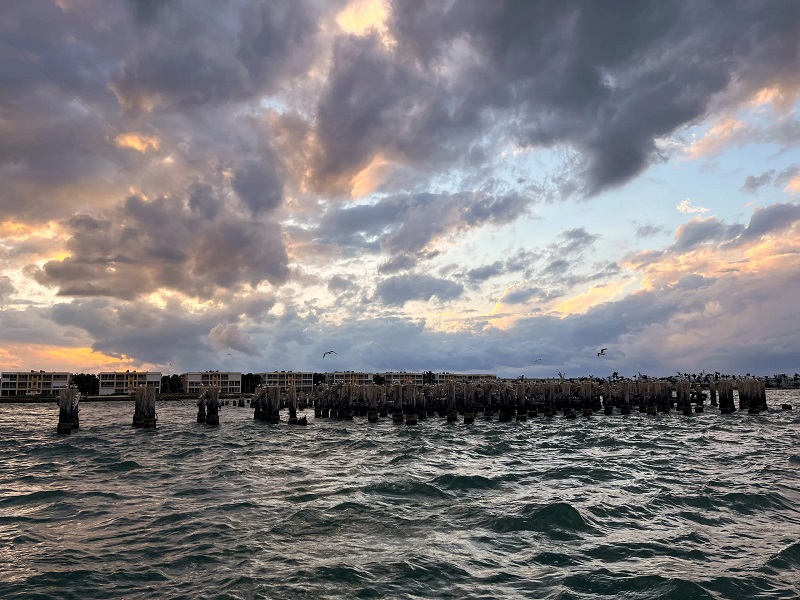
Discovering Angler’s Paradise: Best Fishing Spots in Boca Grande
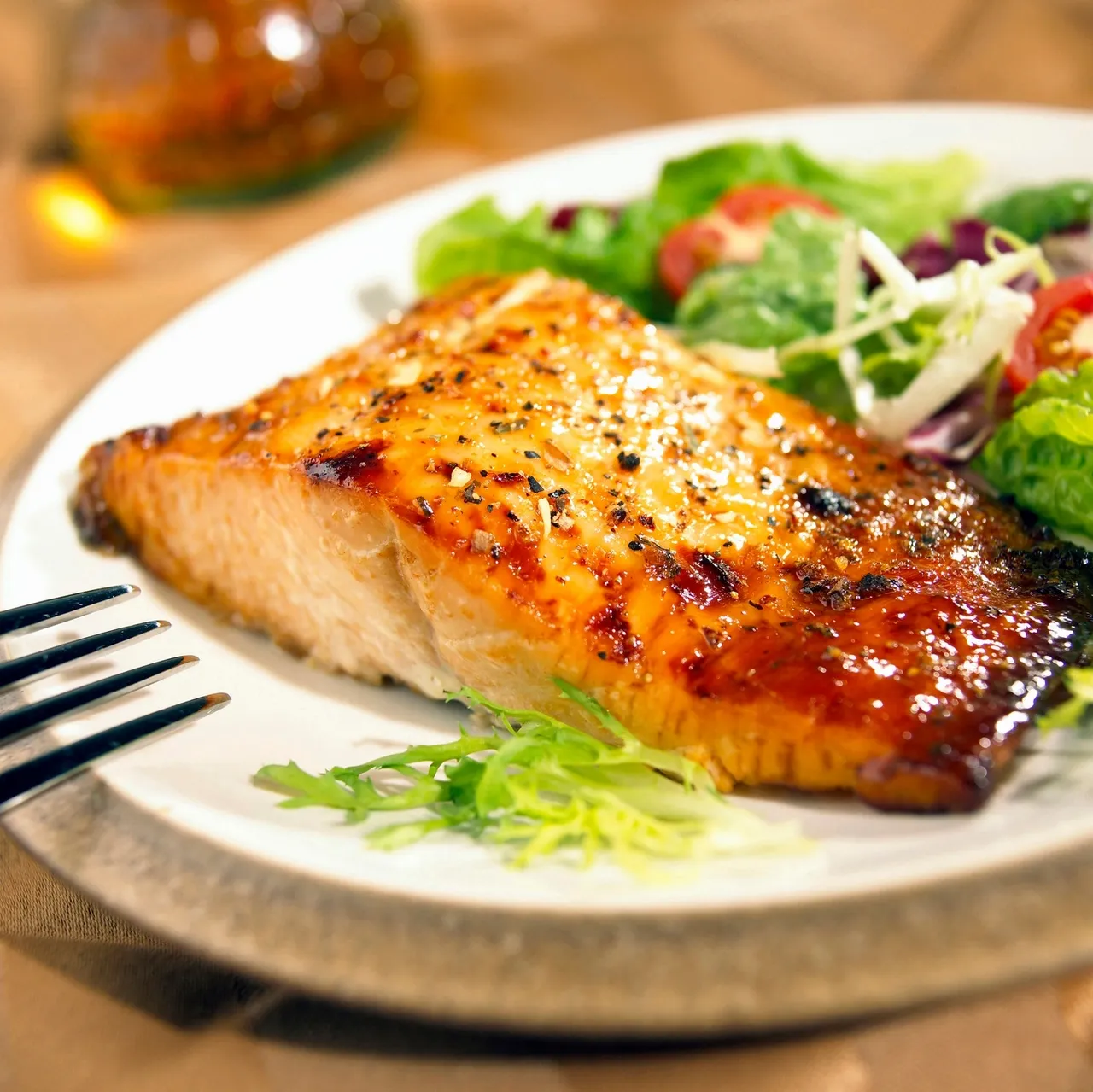
Burst of Flavor for Your Catch! Capt. Steve’s Best Fish Marinade
